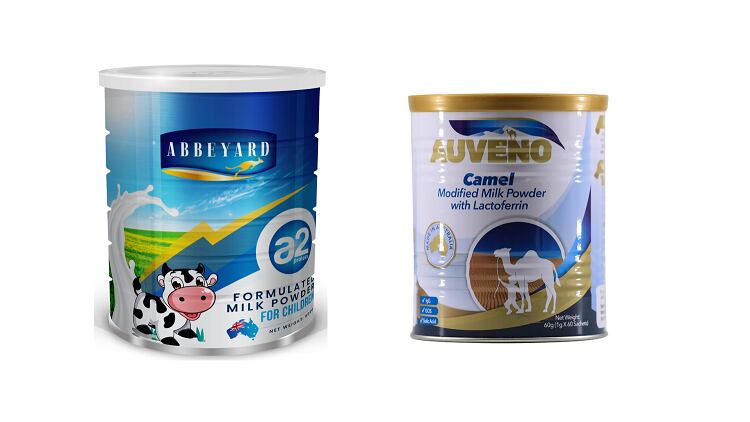Speaking at the second NutraIngredients Immunity Online Series webinar, hosted by NutraIngredients-Asia, the four-person panel debated the topic ‘Microbiome and Immunity in APAC’. (Listen on demand here)
The panel consisted of Dr Aouatef Ballamine, senior science manager for nutrition at Lonza, Dr Chyn Boon Wong, research associate at Morinaga Milk Industry, Dr Bejit Ideas, president at Japan Society for Anti-Ageing Nutrition, and Dr Sean Hall, CEO of MedLab Clinial.
It was hosted by Gary Scattergood, editor-in-chief of NutraIngredients-Asia.
Currently, it is widely understood that the gut microbiome actively affects multiple host functions, including the immune system, said Dr Wong.
Citing existing research, she highlighted how human-residential bifidobacterial (HRB) probiotics, such as the firm’s flagship B. longum BB536, backed by over 190 scientific studies, has shown immune protection for people from different age groups.
They include protection against upper respiratory tract infection in children, protection against hay fever in adults, and influenza infection in elderly.
“One of the key findings that we found is that it can improve natural killer cells activity and also the production of antibodies that can improve the immune function.
“[This produces] a better resistance against pathogenic infection and disease development,” she said.
More research could be conducted to find out the exact agents, for example, the species or genus of the gut microbiota involved in the microbiome modulation process.
As such, multi-omics, such as single cell transcriptomics and metabolomics could be harnessed to shed light on how exactly probiotics affects the gut microbiota composition.
Identifying other crucial players
The panel also brought up the point of identifying other actors that could play an important role in microbiome modulation.
“Next we need to take a global view of microbiome modulation. Similar to what we do for the gene profiling for example, we need a systemic assessment based on shotgun sequencing and linking that to a metabolic pathway.
“That’s how we identify more organisms, beyond just lactobacillus or bifidobacterial…”, said Dr Ballamine.
During her presentation, she spoke about how the firm’s prebiotic, ResistAid, which supports both innate and adaptive immunity using arabionogalactan extracted from tree barks.
Existing human clinical studies have shown that it could reduce the ratio of firmicutes to bacteroidetes ratio. Such a reduction is associated with healthier microbiota and body weight.
Dr Bejit, on the other hand, raised the potential of studying metabolites.
“I think the challenge for probiotics [research] is that it has been developed in blocks and the reality of the human body is that it is interconnected,” he said.
His team in Tokyo is currently looking at anti-viral food and beverage formulations using metabolites.
“We moved towards the study of metabolites and now we are talking about the bioactives produced by the probiotics and how we can find them at the gut level of humans who succeed to survive infections.
“I think bringing the focus into such metabolites can bring evidence about the efficacy of probiotics to bring a solution for improving the immunity,” he said.
Prove with trials
Above all, there remains the need for clinical trials to prove the actual effects.
“I think where we need to go now, is into the rigours of clinical trials to prove beyond what we understand mechanistically about what the product is intended to do.
“This gives clinicians who prescribe the product that level of comfort and definition of safety as we move forward,” Dr Hall said.





